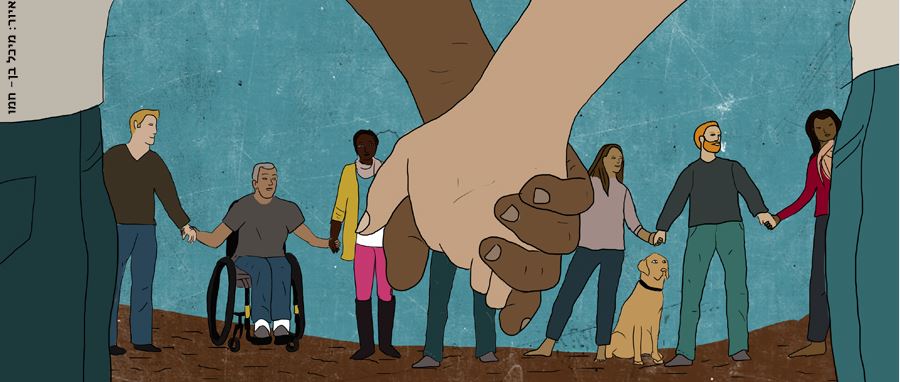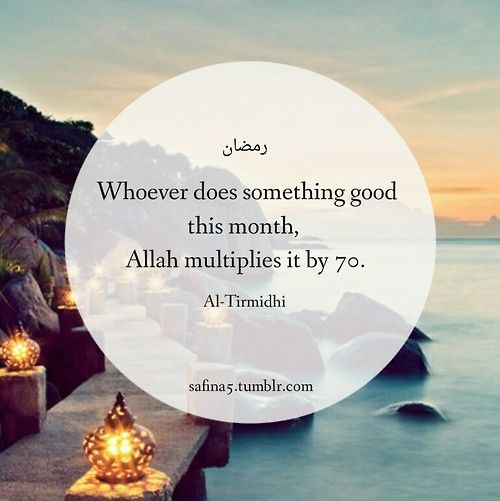 It is always melancholy after the passing of a great writer, like that, last week, of Toni Morrison. But it is also a message to read or re-read their works, and I have been doing so this week. I’m sort of a non-fiction guy, and will get around to re-reading Beloved, promise. But I just finished one of her last volumes, The Origin of Others, a group of lectures published in 2017. Already the stench of the person occupying the highest office in the land was pervading our conversations, and, despite our best efforts to ward him off, infiltrating and (dare I use the word?) invading our thoughts. Let me quote Morrison, describing the contents of a novel, not one of hers:
It is always melancholy after the passing of a great writer, like that, last week, of Toni Morrison. But it is also a message to read or re-read their works, and I have been doing so this week. I’m sort of a non-fiction guy, and will get around to re-reading Beloved, promise. But I just finished one of her last volumes, The Origin of Others, a group of lectures published in 2017. Already the stench of the person occupying the highest office in the land was pervading our conversations, and, despite our best efforts to ward him off, infiltrating and (dare I use the word?) invading our thoughts. Let me quote Morrison, describing the contents of a novel, not one of hers:
Joe in Mississippi with Magdalena Gomez Gregorio by Ayala Emmet
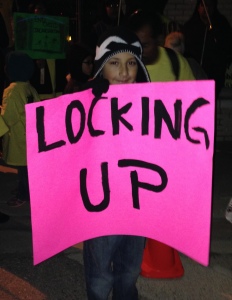
It has been years since I last saw Joe. On Wednesday I saw him vividly on the street in Mississippi, sitting with heartbroken weeping children whose parents were brutally locked up.
I met Joe when he was a successful young engineer. He was married. Had three children whom he adored. People often remarked on his devotion to his kids. He would announce at work without a shred of apology that he could not attend a meeting because one of his children needed him. I met him in a playground in Jerusalem where he often was the only father among a throng of mothers.
Who Needs the Book of Lamentations When You’ve Got The News By Deborah L. R. Kornfeld
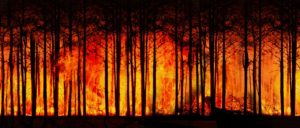 It is the first of the Hebrew month of Av. The month where we recall the two destructions of the Holy Temple. The ninth of Av is the day the sages determined that the Temples were destroyed. As the ninth of Av approaches, we enter deeper into despair, we turn off the music, let our hair grow unkempt, weddings are postponed. Meat and wine are avoided. This is a somber time. On the ninth of Av, we reenact the devastation of Jerusalem. Sitting on the synagogue floor, we read the Book of Lamentations. The language is graphic: “The tongue of the suckling cleaves to its palate for thirst” (Lamentations 4:4), “More fortunate were the victims of the sword than the victims of famine…Hands of compassionate women have boiled their own children; they became food when the daughter of my people was shattered.” Lamentations 4:9-10). This book is not for the fainthearted.
It is the first of the Hebrew month of Av. The month where we recall the two destructions of the Holy Temple. The ninth of Av is the day the sages determined that the Temples were destroyed. As the ninth of Av approaches, we enter deeper into despair, we turn off the music, let our hair grow unkempt, weddings are postponed. Meat and wine are avoided. This is a somber time. On the ninth of Av, we reenact the devastation of Jerusalem. Sitting on the synagogue floor, we read the Book of Lamentations. The language is graphic: “The tongue of the suckling cleaves to its palate for thirst” (Lamentations 4:4), “More fortunate were the victims of the sword than the victims of famine…Hands of compassionate women have boiled their own children; they became food when the daughter of my people was shattered.” Lamentations 4:9-10). This book is not for the fainthearted.
Integration, Reparations by Peter Eisenstadt

As you have probably heard, there was a spat the other week at the Democratic presidential debate between Sen. Kamala Harris and former Vice-President Joe Biden. Biden was first elected to the US Senate in 1972 as a moderate Democrat from the state of Delaware, the northernmost southern state. (Delaware was a so-called “border state” during the Civil War, a state in which slavery was legal in 1860 but chose to remain in the United States.) He was an opponent of what was called at the time, “forced busing,” court-mandated plans to address discriminatory patterns in primary and secondary schools. Sen. Harris rightly called him on his opposition to busing, which he called at the time an “asinine concept” and “liberal train wreck.” She talked about her own educational experiences at the time, bussed in Berkeley, California as an elementary school student. Biden was defensive, clearly annoyed that anyone would question his civil rights credentials, adding that he was never opposed to busing per se, just mandatory busing.
Like Birds by Ayala Emmett
 A water fountain in my garden has become a favorite drinking/bathing spot for birds from near and far, all kinds of birds that I could not name. I have never been good at remembering names. I am not the typical bird-watcher who knows every name of every bird by color, shape, or sound. I do, however, watch my birds. I can confidently report that they, like us humans, come in all sizes and colors and shapes. Birds began coming to my garden after a cold spring in upstate NY.
A water fountain in my garden has become a favorite drinking/bathing spot for birds from near and far, all kinds of birds that I could not name. I have never been good at remembering names. I am not the typical bird-watcher who knows every name of every bird by color, shape, or sound. I do, however, watch my birds. I can confidently report that they, like us humans, come in all sizes and colors and shapes. Birds began coming to my garden after a cold spring in upstate NY.
When it was warm enough and the soil was not soggy, I have worked in my garden. It took years to get to know the soil because my yard used to be covered by a demanding lawn. I had to convince the ground that my planned poly-garden would give it life. Lawns are bad for the environment; they require too much water and need fertilizers to be free of weeds, which are a natural biodiversity. It took reducing the size of the lawn, followed by cycles of planting perennials of different sizes, shapes and colors mixed with annuals and vegetables to get rid of layers of chemicals. Now, tomatoes and roses and honeysuckle flourish, support and nurture each other.
The Words of Our Mouth—by Matia Kam
On this coming Shabbat we will read in the book of Leviticus “You shall be holy.” We will recite a long list of deeds that would make us holy, of loving our fellow human beings, of caring for the poor and the stranger, a rich list of Mitzvot, forever timely. There are other Mitzvot, perhaps not as often quoted, yet in our time deserve attention.
Two of them I would like to highlight as right there on the list, both are so timely. To grasp their significance I turn to the admonition to fear God that appears only five times in the whole Torah. All five are in the book of Leviticus, and two appear in this Parasha, so fittingly named, K’doshim, Holy. Significantly, all the cases of the admonition to fear God are about transgressing relations we have with one other, bein adam l’havero. They are rooted in what the sages have defined as Mitzvot, obligations of the heart, in which there is no way to ascertain when the person has engaged in the transgression and there is no court to render a judgment. Thus, obligations of the heart are not in the legal realm, but rather they involve an ethical Mitzvah left to the person’s own conscience.
Ramadan Mubarak
Ruth and Naomi Zionism—by Peter Eisenstadt
 Jonathan Siegel suggested that a few of us write about the meaning of Zionism in the wake of the recent Israeli elections. There are few things I like talking about less than “what Zionism means to me.” But since you asked…
Jonathan Siegel suggested that a few of us write about the meaning of Zionism in the wake of the recent Israeli elections. There are few things I like talking about less than “what Zionism means to me.” But since you asked…
Zionism is an example of what the great British socialist and cultural historian Raymond Williams called a “keyword, ” a word that is either blessed or cursed with a multiplicity of shifting definitions, words that often find themselves on the historical barricades, passionately defended and equally passionately attacked. As Williams put it, keywords have “a history and complexity of meanings; conscious changes, or consciously different uses; of innovation, obsolescence, specialization, extension, overlap, transfer.” Zionism is a keyword and trying to give it a neat definition is a fool’s errand. It is a zombie term, a term that has outlived its usefulness, but refuses to die. And “progressive Zionism” is even more obscure, its two parts becoming more oxymoronic every day. In response to Jonathan Siegel’s excellent post, I would only say that if Rabbi Eric Yoffie is a progressive Zionist, then the term has been emptied of all meaning. Reading the same Haaretz articles as Siegel, Yoffie comes across as a tepid, timid Zionist centrist, clinging to a third way that no longer exists, a plague on both your houses politics, Netanyahu bad, left-wing Zionism bad; BDS unmentionable and beyond the pale. It is the sort of politics that was decisively rejected in the recent election, a nostalgic “make Israel great again” politics for a pre-1977 and pre-Begin Israel.
The importance of using words ending in “ism” and “ist”—by Larry Marx
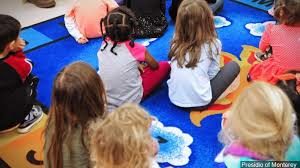 My dear fellow white people in Pittsford, Brighton and across the U.S.,
My dear fellow white people in Pittsford, Brighton and across the U.S.,
As a white man, I understand the farther situations are from my personal responsibility, the easier it is to call things what they are — almost as if it’s a law of physics. I can spot racism and a racist a mile away; but inches away, my eyesight gets blurry.
So when I hear children in the Pittsford school district (and where does this not happen?) are being called the “N-word,” degraded and mocked for their black-ness, I can recognize that as racism. And when I hear white district authorities fail to call those behaviors specifically “racism” and “racist,” I also recognize that as white fragility and racism.
The Crisis of Progressive Zionism– by Jonathan W. Siegel
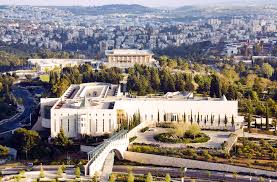
In the aftermath of the Israeli elections, American-based Progressive Zionists need to do some deep soul-searching about the viability of their enterprise. Within Israel the left—with whom Progressive Zionists are aligned–is as far, if not farther, from political power as ever, with no real chance of obtaining it in anything like the foreseeable future. Only an existential threat to the state caused by right-wing Zionist overreach seems likely to change that, and perhaps even then only for as long as it takes for the crisis to resolve itself.
